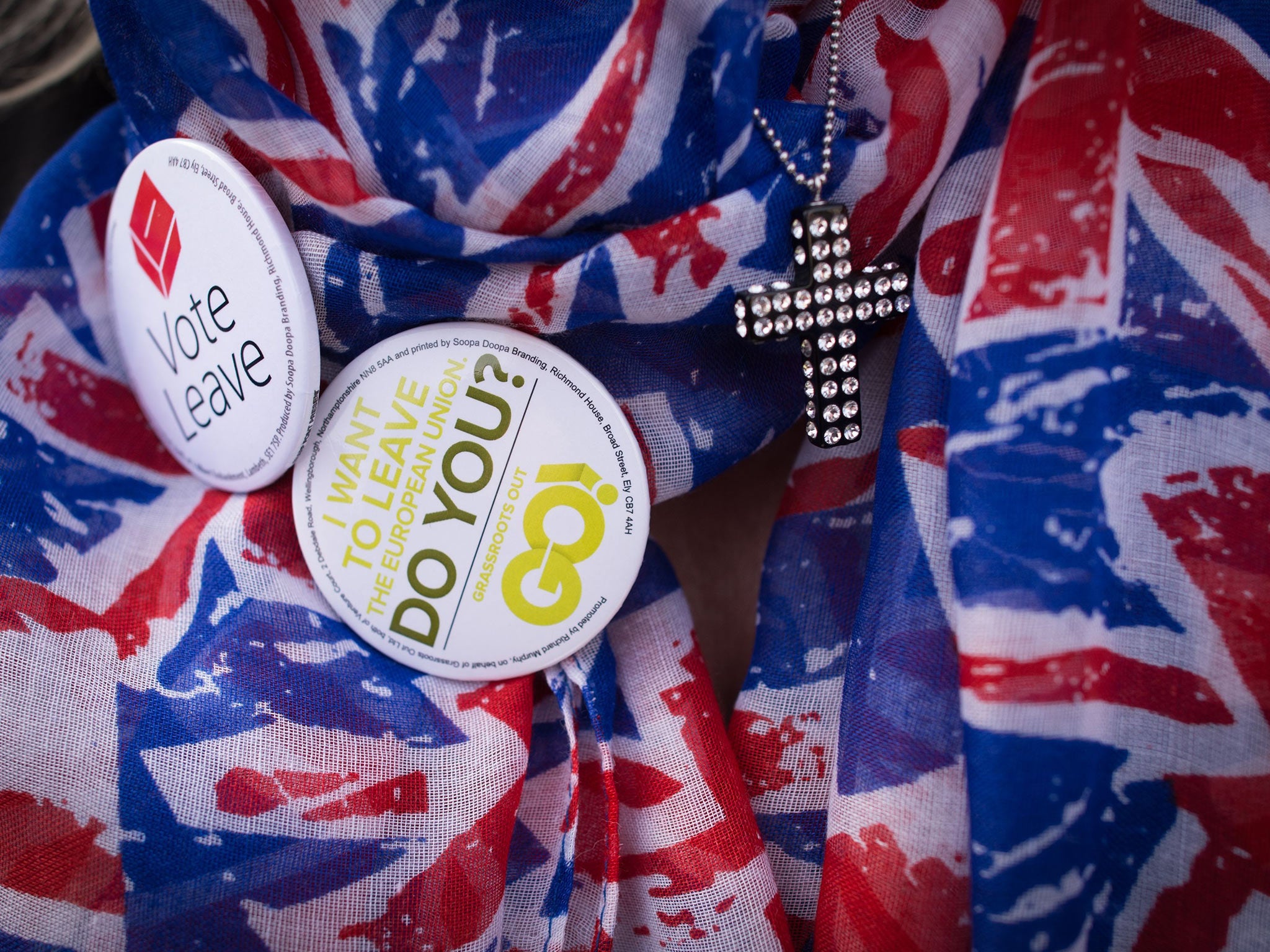Businesses are right to be frustrated by the EU – but leaving isn’t the answer
How much better it would be if those 250 business leaders took their campaigning zeal to the EU and argued their case for change

Even those most committed to Britain’s continued membership of the European Union – which the Independent continues to support and campaign for – would have to concede that the 250 business leaders who have signed up to the Vote Leave campaign have a point. The European Union is not a model of international competiveness, and many of its industries and many of its national economies are marred by low productivity, sluggish economic growth and poor employment opportunities for the young. Such are the economic roots of many of the social and ethnic divisions that scar some European societies. In that failure the European Union must admit its own contribution – over regulation on the one hand, and complacency about the threat to European prosperity represented by the emerging economies to the east and south. Many businesspeople – in Britain and across the rest of Europe – are frustrated by the Single Market’s inability to meet this challenge, and they believe that the answer to this lies in dismantling the EU.
In this they are wrong. The answer, of course, is for Europe to reform rather than be broken up. In this regard successive British governments have played a leading role, if not the leading role. The UK is looked to by others as the most powerful voice in favour of liberalising labour markets, breaking up private and state monopolies, removing bogus barriers to trade and allowing the full potential of a 500million strong marketplace to emerge. If Britain were to leave the European Union it might or might not help Britain become more competitive – but our major trading partners in the remaining EU would be unlikely to tolerate a cut-price, low wage, sweatshop economy on their shores, one that has ripped up the social chapter and was intent on unfair competition. They would, quite simply, either require the UK to sign up once again to the social chapter or they would impose a tariff on British imports to level the playing field. And all of that only would leave Europe's labour and other markets unreformed and their growth as sclerotic as ever – bad news for the half of our trade the EU represents.
How much better it would be if those 250 business leaders took their campaigning zeal to the EU and argued their case for change. How much better if David Cameron could rely on them as a useful ally rather than troublesome irrelevance. So yes these business people have a point, but they have, on this occasion, not got it right.



Join our commenting forum
Join thought-provoking conversations, follow other Independent readers and see their replies